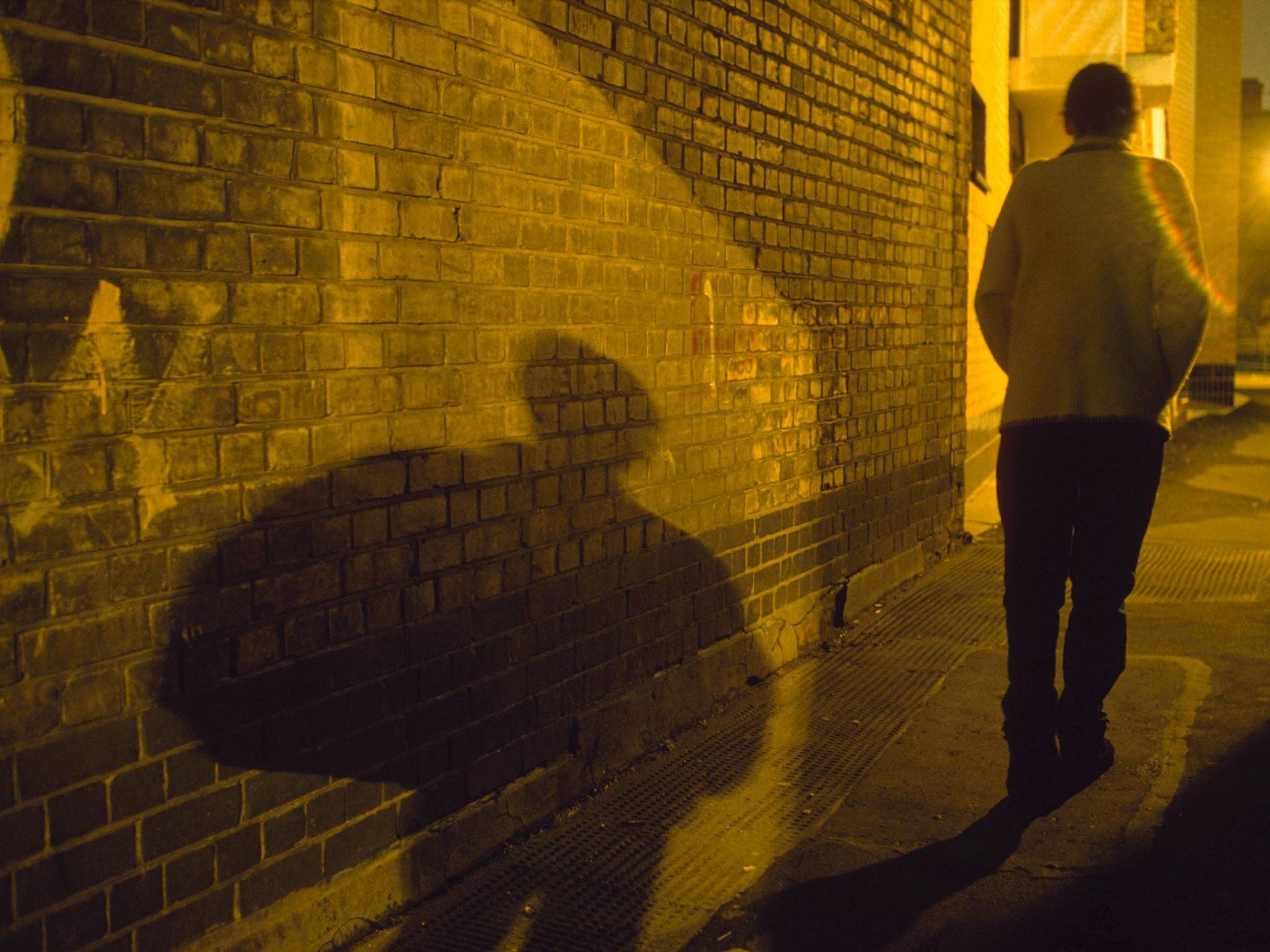As more stalkers are prosecuted, we must ensure that we are adequately protecting their victims
Starting by better informing them about the prosecution process

Of all the crimes that I have ultimate responsibility for prosecuting those of stalking and harassment must be among the most unpleasant and the most cowardly.
Stalking threatens people in their own home; when they’re at work; out socialising or even walking down the street. It may not leave physical scars – but is psychologically traumatic for the victims and in the most extreme cases it can lead on to serious physical violence.
For this reason today’s announcement that more people are being prosecuted for stalking and harassment offences is really encouraging news. It means that over 10,000 people last year were brought to account for their actions – 20 per cent more than a year before and a sign that the criminal justice system is working.
But sometimes it is all too easy to forget that behind each of these statistics is a victim, someone’s child, someone’s brother, sister, friend or neighbour, who has come to court and had to relive a harrowing experience they would much rather forget.
So whilst it is right that figures such as today’s are welcomed, I think we must do more to support the individuals behind them.
A victim of a sexual assault recently told me she could have been spared a year’s worth of worry about giving evidence if someone had just told her more about what to expect in court. I think she is entirely right and that we can and must do more for all the victims of serious crimes in this regard. I recognise that victims do not choose to engage with us, but do so only as a result of suffering in some way at the hands of a criminal.
I should explain that I am going to use the word “victim” in this article because although whether someone is a victim of a crime is, of course, for the court to decide, in many cases, where a criminal offence has not been proved against a particular defendant, the victim can still be said to have been a victim, and for this discussion I will respect that.
Much work has already been done on this, but a major change I think we can make is to do more to tell victims about what they can expect from the process.
Even for some professionals, appearing in a court in front of judge, jury and a court room packed with lawyers and members of the public can be intimidating. How much worse must it be for a victim who has no experience of the process who has to relive a deeply personal and traumatic experience in public and face legitimate, but hostile questioning, by the defence?
A victim of a stalking or harassment, for example, may arrive to give evidence, understandably nervous, only to find out for the first time that the defendant is claiming it was them who was the aggressor or a fantasist. Should this not be something that the victim is made aware of so that they can prepare mentally for the difficult questions that such a claim may prompt and can tell us if there is information that might be relevant to the case?
It may come as a surprise to some that this is not how we operate already but our long standing practice has been to leave victims to work it out for themselves. That seems to me to be not only cold and dispassionate, but unfair.
Today we are launching a join protocol between the CPS and the Association of Chief Police Officers that will ensure that victims of these cowardly crimes are given the assistance they need by police and prosecutors throughout what can be an incredibly trying time.
All of us in the criminal justice system, including prosecutors, are absolutely committed to keeping the process as fair for the defendant as possible, because it is their liberty and reputation at stake.
But telling victims more about what they can expect is not about rehearsing evidence – we know the difference between informing and coaching - but this has sometimes led to an over-cautious approach in what is said and to whom.
We have come a long way since the days of prosecutors refusing to even speak with victims for fear of allegations of trying to influence their evidence, and the fair trial for a defendant can be properly maintained without this overly-conservative approach towards victims.
But there is still more to do. I do not want to change the principles of justice but I do want to shift current practice.
This is about every day cases in the courts across England and Wales, and it is something I have been thinking about for some time. I will now be speaking to leading members of the judiciary, the legal profession, victim’s groups and others about how we can make sure victims are shown fairness throughout the whole process, in the same way the defendant is.
Alison Saunders is the Director of Public Prosecutions
Read next:
Join our commenting forum
Join thought-provoking conversations, follow other Independent readers and see their replies
Comments
Bookmark popover
Removed from bookmarks